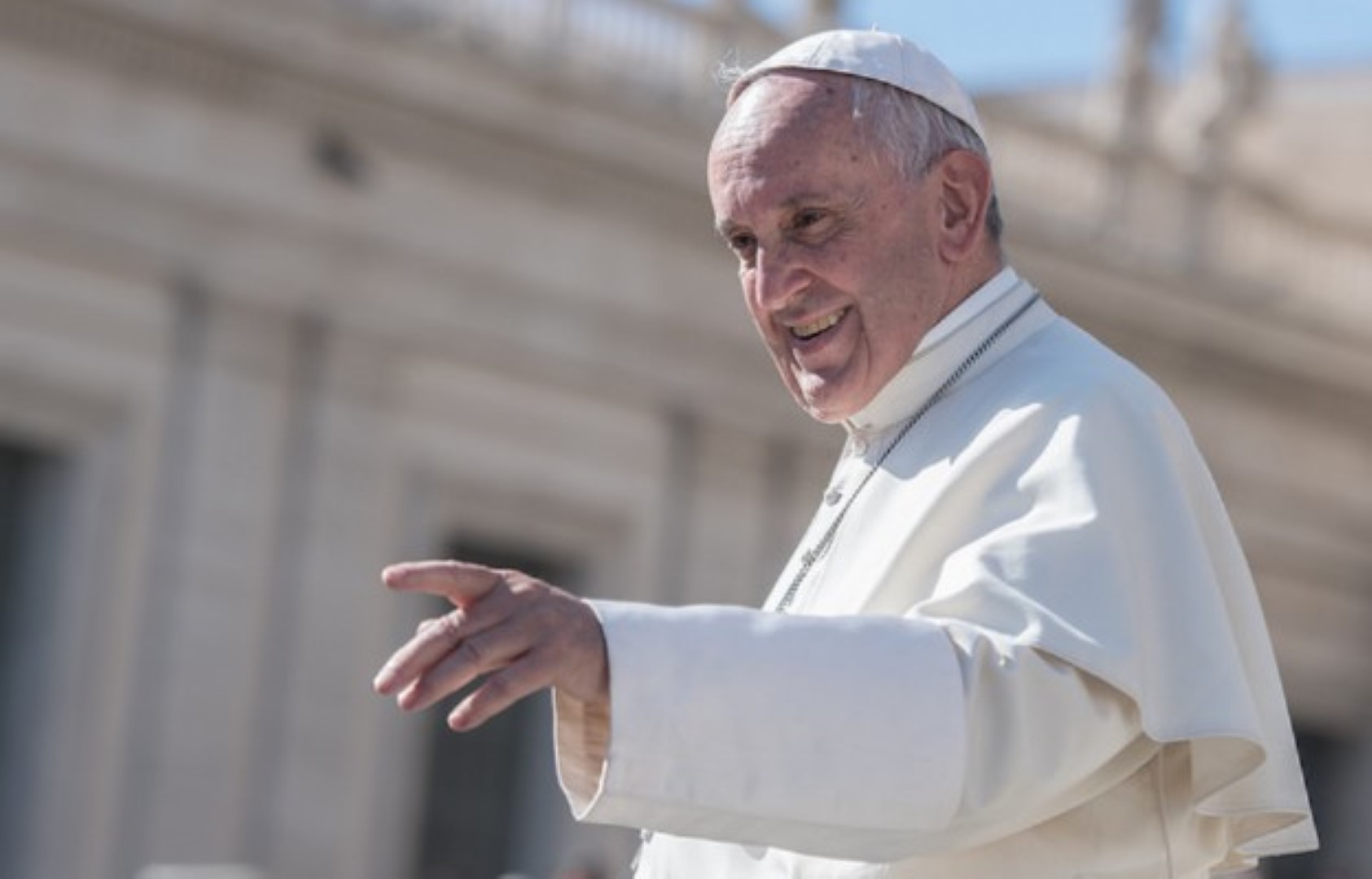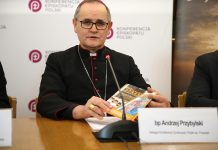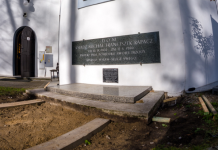TOWARDS SPIRITUALITY OF VOLUNTEERING
Volunteering and Catholic Church in Europe
>>EN CATHOLIC_VOLUNTEERING_report_media
Volunteering shapes modern Europe and is a practical form of solidarity. Volunteering is not only about doing or behaving. Volunteering is about meaning and implies a spirituality. That is why volunteering and religion are strictly intertwined. Religious faith and religious organizations are crucial components of volunteering and contribute to the spirit of solidarity in Europe. Catholicism embodies an important aspect of this European spirit of solidarity. There is none other institution in Europe, which so widely contributes to volunteering and promotes so diverse forms of volunteering, than the Catholic Church. Understanding of volunteering implies Christian vision of the man as a ‘free person’, called for ‘disinterested gift of self’ (John Paul II). It is not an coincidence that John Paul II formulated his ‘dynamic personalism’ in the country which generated ‘Solidarity’. Within volunteering a form of ‘Catholic volunteering’ could be distinguished which means volunteering: (1) related to the Church institutions and/or (2) motivated by Catholicism.
First European charities (e.g. hospitals, almshouses, hospices) and first civil society organizations (eg. confraternities, guilds, brotherhoods) were inspired by Christian faith in the God’s mercy and founded by the Church. In the Middle Age monasteries, dioceses and parishes developed wide system of charitable and social activity. The modern process of nationalization and secularization of social work gave rise to a special configuration of governmental and public involvement into social services which is often called as ‘welfare states’. Contemporary Europe is ruled by democratic values and strongly influenced by free market economics. In such situation the protection and promotion of social well-being is shaped by ‘third sector’ institutions and organizations and activity of citizens within civil society. Catholic Church takes care of both third sector and civil society: ‘Many experiences of volunteer work are examples of great value that call people to look upon civil society as a place where it is possible to rebuild a public ethic based on solidarity, concrete cooperation and fraternal dialogue’ (Compendium of Catholic Social Doctrine 420). In the second half of the 20th century civil society in Europe is strongly stimulated by European and national politics and strongly influenced by ‘human rights’ and equality agenda.
Our study on volunteering and especially ‘Catholic volunteering’ in Europe and this presentation is based on (1) existing data and research on volunteering in Europe; (2) expert panel conducted among 39 members of Council of Bishops’ Conferences of Europe (CCEE). In the panel participated -27 European Bishops’ Conferences representing 29 European countries. The expert panel was organized from March to July 2018. In the panel participated national experts of ‘Catholic volunteering’. Experts were asked to answer 29 open in-depth questions. The answers were analysed in the Institute for Catholic Church Statistics in Poland. Most crucial conclusions of the research include:
- In nearly all European countries Catholic organizations and institutions have their ‘autonomous’ legal (civil) status. Catholic organizations are recognized by the state and equal from legal point of view to civil non-governmental or non-profit organizations (NGO’s).
- It is estimated that there are more than 100 million adults involved in volunteering in Europe. It implies that in European Union countries about 22-23% people aged over 15 years are engaged in voluntary work. Religious organizations represent third most important volunteering domain in Europe besides sport and education. Religious beliefs are crucial in motivating for volunteering.
- According to panel experts Europeans and the Church authorities are characterized by strong positive attitude towards volunteering.
- Especially in ‘old democracies’ volunteering is being transformed into more project oriented and casual (drop-in) engagement. In these countries volunteering is also shaped by the increasing professionalization.
- Volunteering is more and more characterized by international cooperation and influence ‘spirit of solidarity in Europe’.
- In Western countries volunteering and third sector is well-institutionalized. State and public programs stimulate the growth of volunteering. On the other hand there is a risk of ‘mercantilization’ of volunteering which means detaching volunteering from spontaneous activity and subordinating to programs and individual career path.
- Volunteering is a platform for encounter between Catholics and non-Catholics. There are many Catholics engaged in ‘non-Catholic volunteering’. There are also non-Catholics who volunteer in Catholic organizations. They are attracted by the positive image of the Church or just by practical issues. However generally there is no competition between Catholic and non-Catholic volunteering. That is why volunteering represents a form of inter-religious dialog and ecumenism.
- Although in some countries volunteering is reduced rather to social work in most countries volunteering is involved in most fields of pastoral work, not only social but also in parishes or even in liturgy.
- In some countries special ecclesiastical documents on volunteering were published. The Church refers to volunteering by supporting practical initiatives and in statements of individual bishops.
- The distinctiveness of ‘Catholic volunteering’ may be based just on different sorts of action. It includes also the context of Catholic Church as institutions incorporating especially trust. According to some experts Catholic volunteering is based on Catholic identity, Catholic doctrine and moral principles.
- Generally volunteering is associated with the wide spectrum of motives, from more psychological such as joy and pleasure to much more theological such as ‘call’ and ‘mission’. ‘Catholic volunteering’ is described in different way. As an element of general volunteering or as specific Christian action.
- According to experts the relationship between volunteering and faith is also complex. Especially in countries where religion is pluralised, volunteering delivers an opportunity for ecumenism. Some experts indicate that commitment to volunteering corresponds with commitment to religious community and is implied by Catholic moral teaching. The promotion of volunteering promote also the commitment to Catholic community. Volunteering has also formative effects. Volunteering positively contribute to the social role of the Church. Faith is also an important motivation for volunteering. In some cases it is pointed out that the practical link between volunteering and faith is too weak.
- ‘Catholic volunteering’ represents also an opportunity for evangelization and youth pastoral ministry. Some non-Catholic who volunteer in Catholic organizations, especially young people come to Catholic organizations in the search for spirituality. Many Western countries offer well-organized volunteering programs for youth in these countries.

 English
English






